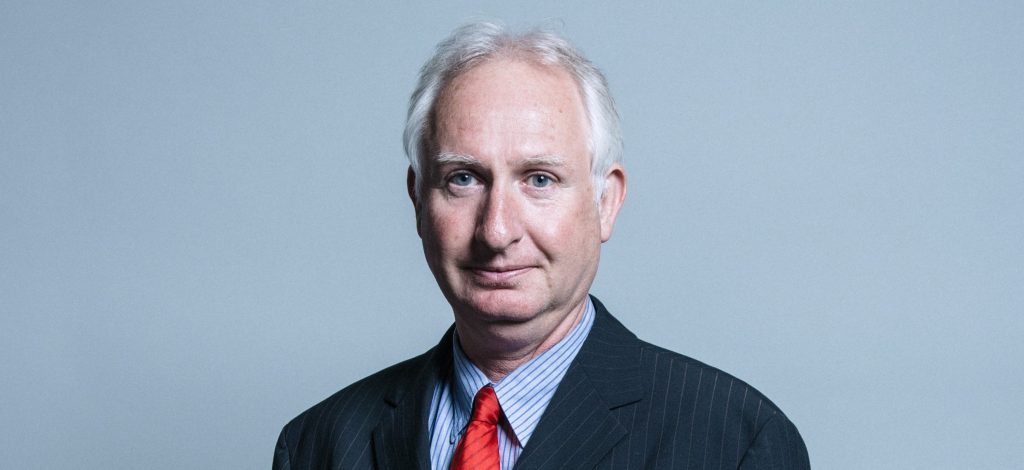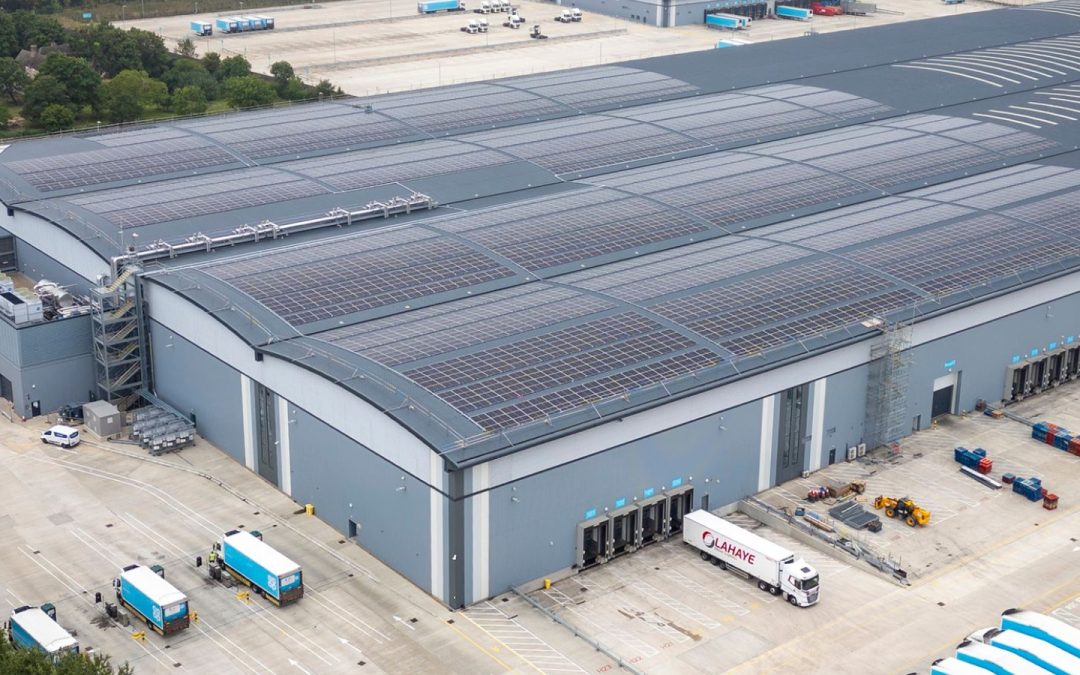Food Security Minister Daniel Zeichner visited food processing facilities to discuss the effects of the upcoming sanitary and phytosanitary (SPS) agreement with the EU on industry.
UK retailer Co-op and meat processor Dunbia met with Food Security Minister Daniel Zeichner to discuss Government’s new SPS agreement with the EU, which the Department for Environment, Food and Rural Affairs (Defra) said would “cut costs, slash red tape and support their profits”.
It stated that scrapping the most routine border checks on food and agricultural products moving between the UK and EU would allow for faster trade across the UK and EU border, with less paperwork and lower costs for businesses.
The Minister toured meat processor Dunbia’s Cardington plant outside Bedford with senior Dunbia executives. He then visited Co-op’s flagship distribution centre in Biggleswade with supply chain director Nick Cornwell, logistics director Ian Gibb and head of public affairs Andrew Weston, meeting staff and discussing the forthcoming SPS agreement.
Shirine Khoury-Haq, chief executive of The Co-operative Group, said: “Being able to move food and drink more smoothly between the UK and EU, whilst maintaining high standards, is good news for our industry, for our business, and therefore for our members, customers, and the communities we serve.
“We wholeheartedly welcome the positive steps the Government and the EU have taken towards reducing unnecessary friction in the food supply chain. We look forward to working with the UK Government to ensure businesses of all sizes – including smaller businesses – benefit from the new arrangements.”
Niall Browne, CEO of Dunbia, commented: “We welcome the Minister and his colleagues to our plant at Dunbia Cardington to show what we do and the importance of the export business to the EU for Dunbia and the British Food Industry.
“The new SPS agreement between the UK and EU is a very welcomed development and this should result in potential cost savings for our business and a smoother delivery to our EU customers which are important to balance the carcase sales.”

Food Security Minister Daniel Zeichner said: “Helping businesses to grow at home, trade abroad and stimulate jobs is central to our Plan for Change.
“This deal will make trading with the EU both easier and cheaper, adding over £5 billion to the economy and spurring growth that the whole country will benefit from.”
Defra estimated that the savings from scrapping the border costs would add up to £5.1 billion a year to the UK economy in the long run, with the agreement including the removal of Export Health Certificates (EHC), the lifting of an import ban on fresh sausages, burgers, some shellfish and some potatoes, and the removal of documentary and physical checks.









